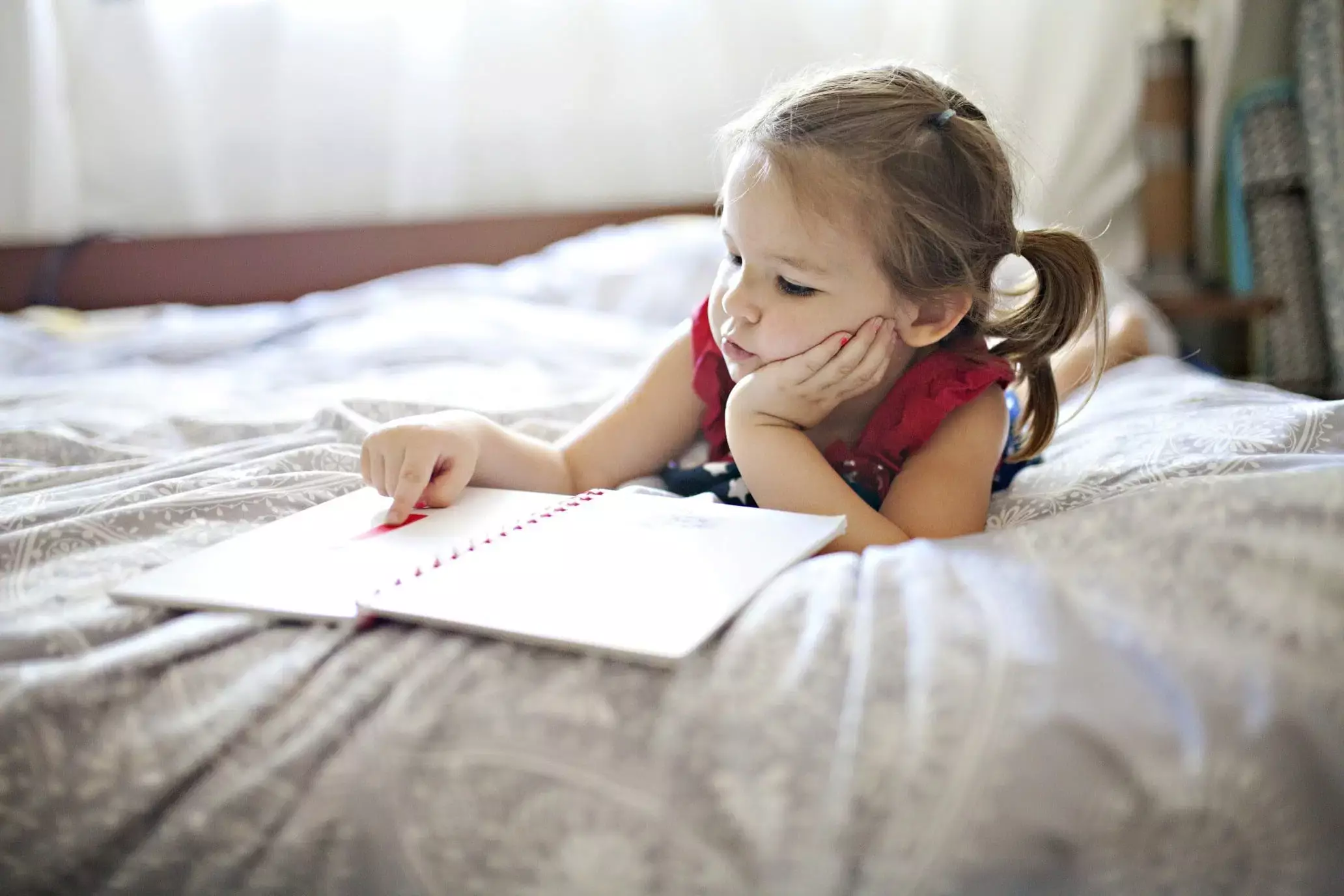Sending your child off to preschool can be one of the most emotionally charged experiences in a parent’s life. Whether it’s your first time or you’re navigating the process for the fourth time, that mixture of excitement and apprehension is palpable. As a mother, you know your child’s unique quirks, their laugh, and what triggers their tears all too well. The prospect of introducing them to a new environment filled with unfamiliar faces and expectations can feel overwhelming. You might wonder, is my child truly ready to take this big step? This question looms large in every parent’s mind, and it is perfectly normal to feel a sense of urgency and doubt.
Understanding Readiness Beyond Defined Milestones
The transition to preschool is a significant leap, and each child approaches this milestone differently. Factors such as age, emotional intelligence, and social skills play crucial roles in assessing readiness. For some children, separation from caregivers might be met with tears, while others might charge forward with bravado. Recognizing your child’s natural tendencies can provide insights into their readiness for preschool. Will they be able to cope with spending the day apart from you? Do they navigate new situations with ease, or do they require additional time to adjust? It’s essential to respect these individual differences.
From my experiences with my own children, I’ve observed that extroverted little ones thrive when they can interact with their peers. They naturally gravitate toward group play around the age of three, often expressing a desire for social interaction that can surpass even parental engagement. This urge to connect suggests they might be ready for the social atmosphere that preschool offers. Yet, even the most socially inclined children may initially feel shy or apprehensive in the face of so many new faces. Recognizing this can help you prepare for their emotional landscape during the transition.
Potty Training: A Source of Anxiety or a Simple Step?
One of the most frequently discussed barriers to preschool entry is potty training. It’s crucial to understand that children reach this milestone at various rates, and preschools differ in their expectations. Some institutions have a zero-accident policy, while others adopt a more forgiving approach to accidents that inevitably happen. The stress of meeting these expectations can amplify parental anxieties unnecessarily. A child may exhibit emotional and intellectual readiness for preschool but still struggle with staying dry.
As you evaluate your child’s readiness, consider their comfort level with using the bathroom independently. Does your child ask for help when needed, or are they still learning to navigate this necessary skill? Aligning your child’s abilities with the preschool’s potty training policies can lessen the stress involved in this transition. It’s essential to have these conversations early to avoid the pitfalls of mismatched expectations.
Language Skills: Communication as a Cornerstone
Language development is another variable that can either ease or complicate your child’s transition to preschool. From speaking in complete sentences to merely stringing together a few words, children exhibit a wide range of linguistic capabilities. It is vital to contemplate whether your child can effectively express their needs: are they able to communicate when they’re hungry or need assistance? Can they engage with teachers and other adults? While you, as a parent, may intuitively recognize your child’s needs, it’s also essential to ensure that others can understand them as well.
Investing time to enhance your child’s communication skills can ease their transition. Encouraging conversations, reading together, and playing language-based games can fortify their abilities, preparing them for the complexities of classroom interactions.
Finding the Right Fit: The Preschool Spectrum
Navigating the plethora of preschool options available can feel daunting. Ideally, you’re on a quest for a setting that will nurture your child’s temperament and align with your educational philosophies. Recent trends in early childhood education suggest a burgeoning emphasis on play-based learning, which promotes creativity, social skills, and cognitive development through active engagement. Yet, many preschools offer a blend of play and structured activities focused on foundational academic skills.
Think critically about your child’s temperament as you explore various schools. A highly active child may thrive in a setting with ample outdoor play and opportunities for movement, while a more reserved child might benefit from a serene and structured environment. By taking into account your child’s natural inclinations and interests, you can make an informed decision that sets the stage for a fulfilling preschool experience.
The Holistic Consideration of Readiness
Determining when your child is ready for preschool is not a one-size-fits-all process. It requires a nuanced understanding of their emotional, social, and physical development. By evaluating their needs and personality, you can ascertain the best time for this transition. It’s about creating a nurturing entry into an enriching world of learning and growth. Embrace this adventure with confidence, for it is not only a significant step for your child but also a transformative experience for you as their guiding parent.

